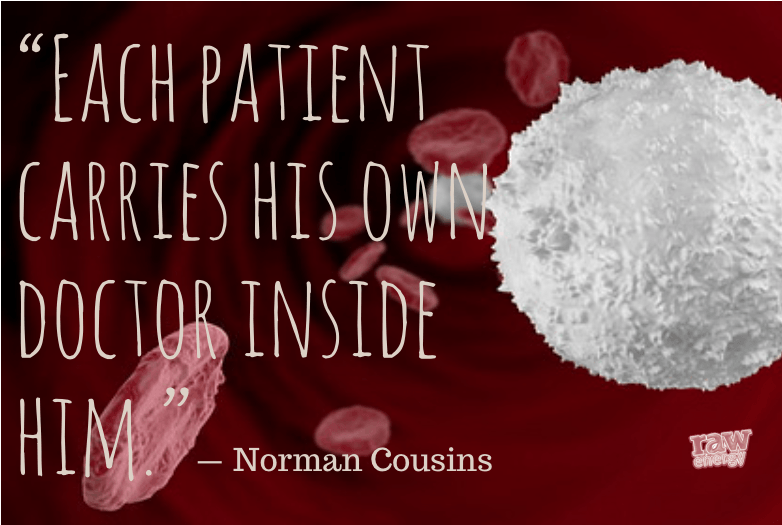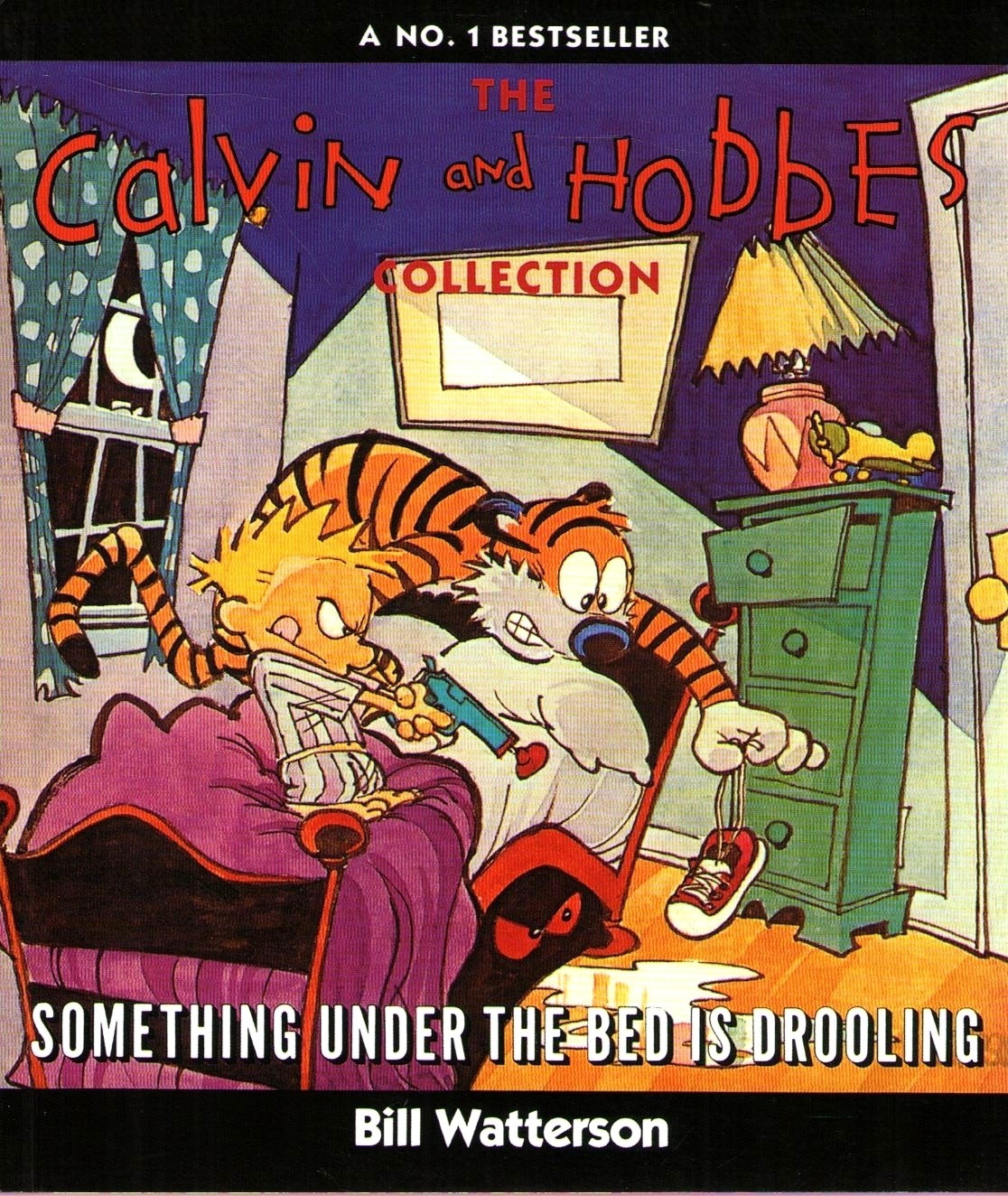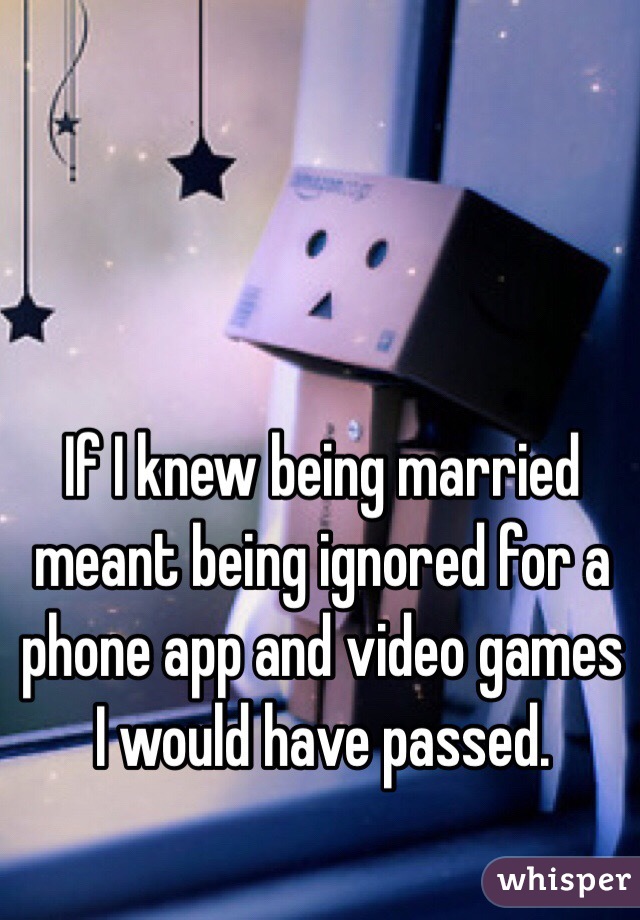I have made it quite clear enough times: I am not a sentimental, Hallmark romantic. I'm such a Grinch that my nose curls in distaste when I am subjected to proposal props, like large hearts formed from rose petals. I may even heave a little.

I'm a practical, everyday romantic (she insists, despite being called "picky" again over the weekend). While television is usually out to endanger my kind, there must be enough like me out there that new shows are reflecting my paradigm ("Love" and "Togetherness" reviewed by
In comedy, they say timing is everything. That goes double for romantic comedy. The genre is built on the tension between fate and circumstance: Two people are meant to be together, but the plot keeps them out of sync until divine order is restored.But what if fate is just a concept we impose on accidents of timing? What if love is never “meant to be,” so much as it’s the product of will and coincidence and hard work?
I heard it said recently from Rabbi Ephraim Stauber that there is no mitzvah to marry one's bashert. Rebbe's wife ate up his kishkes. Was she his bashert? Definitely. But who wants to live like that?
After all, didn't the original Leah boo-hoo her way from being Esav's intended to Yaakov's soulmate? (My awesome high school morah explained that Yaakov was Rochel's bashert, while Yisroel was Leah's. But that's another post.) Maybe this bashert thing is a little overrated.
The season (I’ve seen all of it) brings Mickey and Gus together and apart, together and apart, until they confront the possibility that they really hooked up to satisfy a conception of themselves: he dating the erratic Mickey so he can feel more dangerous, she seeing a “nice guy” so she can feel she’s getting her life together. . .

Sometimes, “Love” suggests, romance doesn’t need candlelight to grow so much as an honest fluorescent glare.
What if people came together not because they relied on hiding their flaws and quirks, but presented them as being part of the whole package?

Couples form for the oddest of reasons. What would be so terrible if they were a little less . . . delusional about why they appeal to each other?
Love, “Togetherness” suggests, is not about being constantly together. It’s about having bonds that stretch as you inevitably drift apart, and faith that they might eventually snap back.
I have heard so many (so so many) a couple protest that they are always together. Spending every single Shabbos together for the entirety of the marriage is not a testament to a union's health. Relationships aren't static. From what I hear, stuff happens. But as long as the bond is there, and remains the priority, all can be well.




















